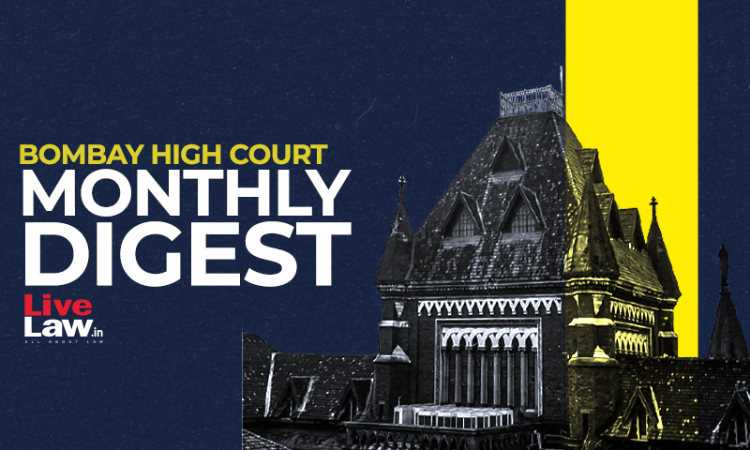Next Story
1 Jan 2024 5:30 PM IST
Nominal Index [Citation 553 - 619]The Hongkong and Shanghai Banking Corporation v. UoI 2023 LiveLaw (Bom) 553Shonali Kedar Dighe v. Ashita Tham and Ors. 2023 LiveLaw (Bom) 554Anuradha Kapoor and Ors. v. State of Maharashtra and Ors. 2023 LiveLaw (Bom) 555Patanjali Foods Ltd. v. SE Oil Products Pvt Ltd. & Anr 2023 LiveLaw (Bom) 556High Court On Its Own Motion v. State of Maharashtra...

